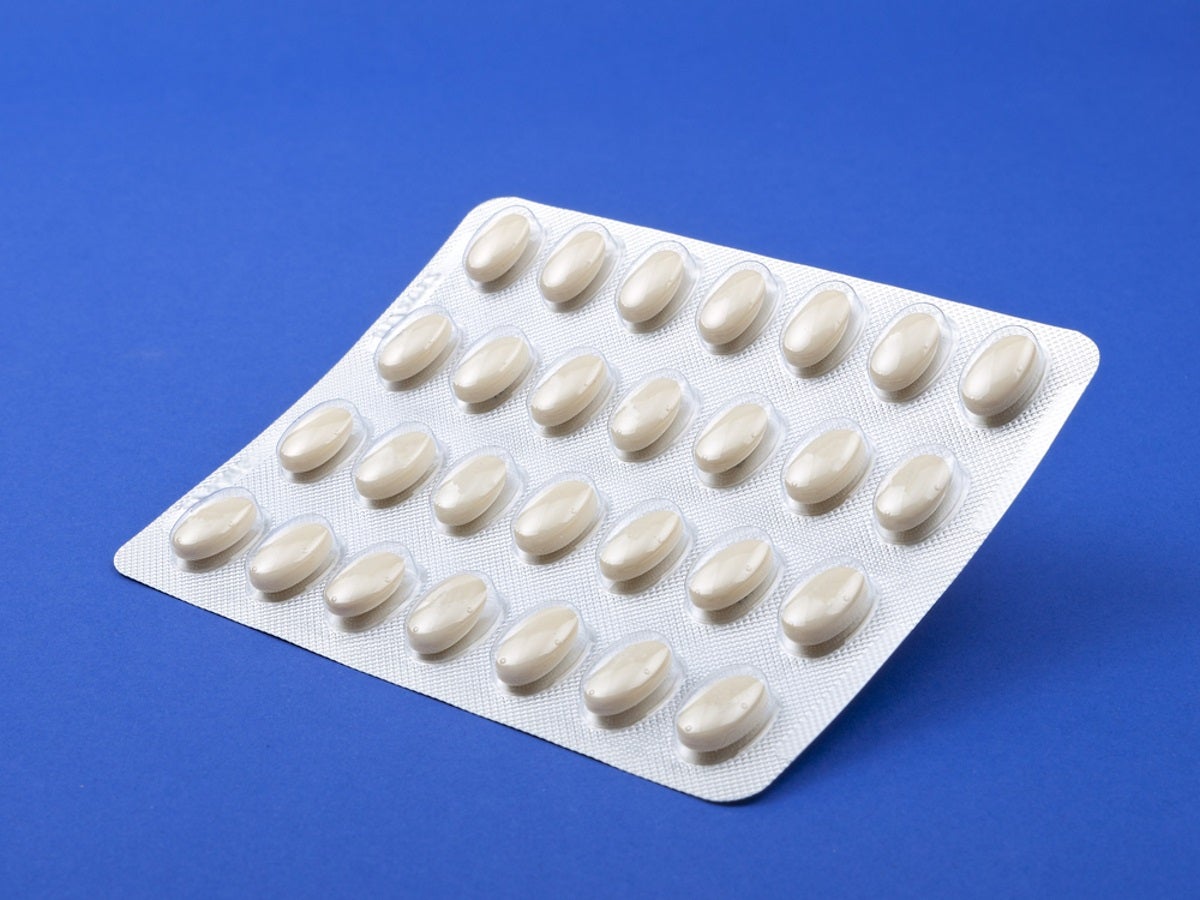New Study Reassures Younger Women about the Benefits of Taking Hormone Replacement Therapy (HRT)
There’s more evidence that hormone therapy might not be so bad for women just starting menopause.
Hormone replacement therapy used to be standard for women going through menopause. The idea was that giving women back the estrogen their bodies were no longer producing would protect them against heart disease, cancer and osteoporosis. Less importantly to doctors, it also relieved the hot flashes, sleeplessness and other life-altering symptoms of menopause.
Then a large study showed that in fact, HRT raised the risk of cancer, especially breast cancer and didn’t lower the risk of heart disease. Almost overnight, women stopped taking it.
While as many as 17 million women used HRT in 2001, by 2009 just about 8 million did.
In the years since, doctors have realized that the story isn’t so simple. They’ve found that younger women who are just entering menopause are not in as much danger of dangerous side effects as older women long past menopause. They’ve found that lower-dose HRT formulations may be safer. And new delivery methods, such as patches, may also avert some side-effects such as blood clots.
“This is a complicated health issue, where the same treatment offers benefits in some women, but harms in others,” Dr. Henry Boardman of the Department of Cardiovascular Medicine at the University of Oxford, who led the review team, said in a statement.
They found no evidence that hormone therapy protects women from premature death from any cause, especially not from heart disease. In fact, it slightly raises the risk of stroke.
They found some evidence that women who started treatment within the first 10 years of menopause do seem to have a lower risk of dying prematurely and perhaps a lower risk of heart attack. They also did not seem to have any special risk of stroke. But even in this group, the risk was higher of deep vein thrombosis — a blood clot in the leg.
“This review in many ways is reassuring because it really implies that for women under age 60 (or early menopause), they didn’t have an increase in heart disease risk, and in many ways it was protective,” Schiff told NBC News.
“So from this review I could tell the younger woman who’s very symptomatic and not feeling well, ‘Listen, if you have this problem of a lot of symptoms, I’m going to start you on hormones and you should feel better. A recent Cochrane review tells us that if we start you relatively early you will not have an increased risk of heart disease'”.
Dr. Michael LeFevre of the University of Missouri school of medicine and co-chair of the United States Preventive Services Task Force says it’s agreed doctors should not prescribe hormones to prevent heart disease.
“But what is interesting is that the results of Cochrane’s meta-analysis may give some credence to the long-existing hypothesis that taking HRT at a younger age (immediately post-menopausal) may not be as risky as taking it 10-plus years after menopause, and in fact may have some benefits,” he told NBC News.
“For women who are symptomatic, there are varying levels of symptoms, anywhere from ‘I’m a little bothered’ to ‘this significantly interferes with my life’. So when I talk to them I say any time I give you a medication to make you feel better, I’m taking a risk of something, because every medication has risks,” he added.
Exercise helps, as do other strategies. But some women may need the hormones.
“If your symptoms are bad enough that this is a risk you’re willing to take, let’s do this to make you better.”
Article originally appeared on NBCNews.com: Hormones May Help Younger Women With Hot Flashes, Study Finds







